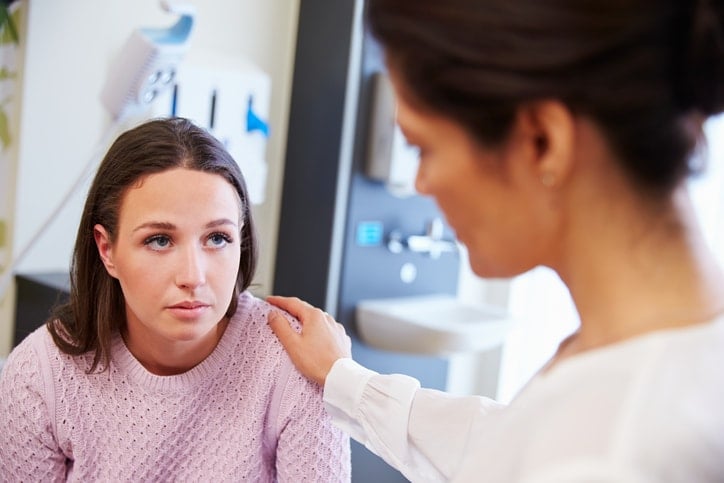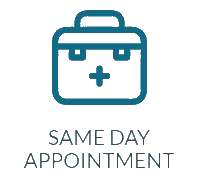Colon, Rectal Cancers on the Rise in Younger Adults

Colon and rectal cancers are the third most common cancer in both men and women in the U.S. (excluding skin cancers). Although the death rates for this type of cancer have been dropping for several decades, colon and rectal cancers have recently been found to be on the rise in younger white adults.
How does colorectal cancer start?
Most colorectal cancers start as a polyp, or growth, on the inner lining of the colon or rectum. Polyps in these areas are quite common, but not all of them are pre-cancerous.
Polyps have a greater risk of containing cancer or developing into cancer if they’re large, numerous (more than two), and if they contain abnormal-looking cells.
How can colon and rectal cancers be detected?
The main screening tool for colorectal cancer is a colonoscopy. This procedure allows your doctor to examine your colon and rectum by using a colonoscope – a thin, flexible tube with a light and tiny video camera. Your doctor can see any polyps and at the same time, take a small tissue sample for further testing. They can also be removed if needed.
A colonoscopy can help detect colorectal cancer in its earliest stages when it’s most treatable. Once it spreads to other areas of your body, it’s harder to effectively treat.
Why are more young people being diagnosed with colon and rectal cancers?
At this point, researchers aren’t sure. They have determined, however, there’s a true increase in the disease rather than cases where the disease has been detected earlier.
How can you protect yourself?
Be aware of symptoms
Although colorectal cancer often doesn’t cause symptoms right away, it can lead to one or more of the following:
- Rectal bleeding with bright red blood
- Bloody, darker-looking stool
- A change in bowel habits that lasts longer than a few days
- Abdominal pain
- Unintended weight loss
Know – and control - your risk factors
Some risk factors are beyond your control, but many aren’t. Control the ones you can, and be aware of all of the following so you can talk with your doctor if any apply:
- Overweight or obesity
- A family history of colorectal polyps or cancer
- Inflammatory bowel diseases such as Crohn’s disease or ulcerative colitis
- A diet low in fiber and high in fat
- Lack of exercise
- Tobacco use
Screening
Talk to your doctor about any specific concerns or risk factors you may have and whether a colonoscopy may be recommended in your particular case. The test can help detect colorectal cancer in its earliest, most treatable stages and help determine some of your future risks of developing the disease.
If you have questions about your risk for colon and rectal cancers or are experiencing any symptoms that could be associated with this disease, contact us today for a consultation with Park Avenue Medical Professionals. Fill out the form on this page to request an appointment or call 212.427.2000 to learn more.



